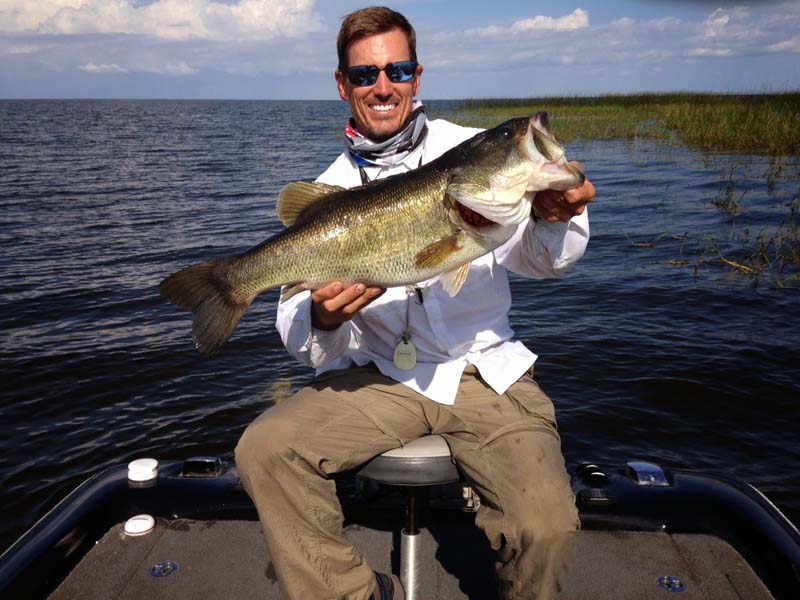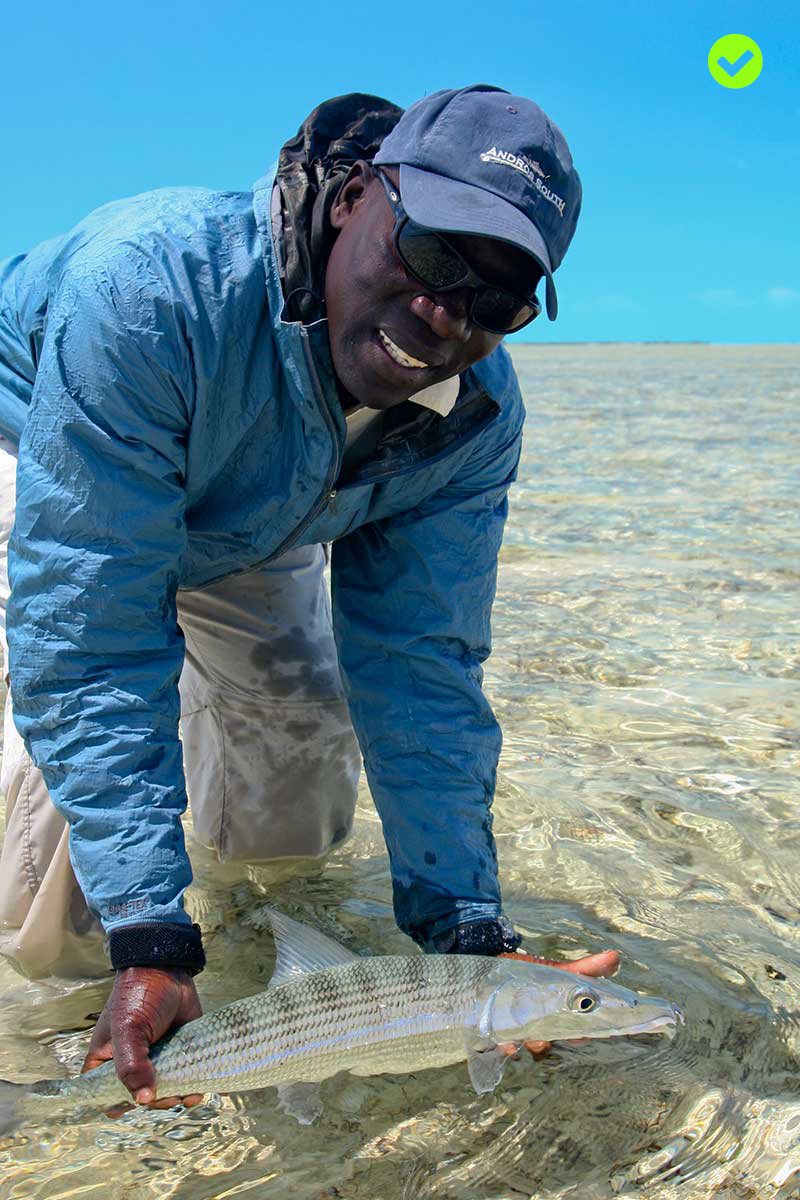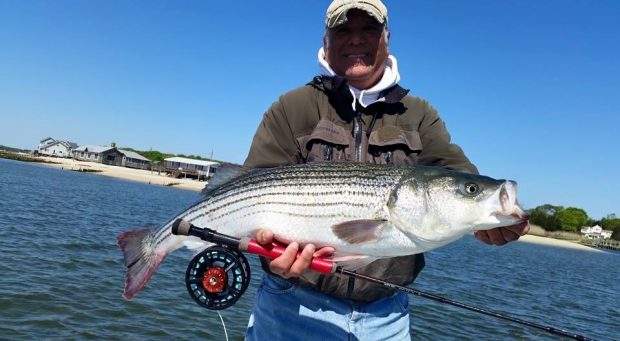A catch and release conversation at the Wormwood River Fly Fishing Club
by Skip Clement
[dropcap]M[/dropcap]r. Screwtape, a member of the WRFFC for as long as anyone could remember was always four Glenfiddich single malt’s to the wind. He had managed to doorway trap younger members. They were forced to listen to him pontificate about something he knew only fractions.
Feeling righteousness course his veins about the subject of practicing catch and release, he concluded saying it’s alright to keep a fish if it’s an unusually large specimen. Then added, it’s okay to make it table fare for the evening ahead, or stuffed and on the wall for show.
Mr. Wormwood’s daughter, Stacey, a smallish woman in her 20s pounced on the bulbous-nosed Mr. Screwtape. “Sir,” she said, “you’re quite mistaken about catch and release, especially about not releasing unusually large specimens.”
A good old boy chuckle encouraged Screwtape to step forward in an intimidating way, but he was at a loss for words. He was always fearful if challenged and his bullying manner betrayed that.

Thadeus Ragan with an Okeechobee ten pounder. Captain Thadeus Ragan is a tournament bass tour celebrity – placing in 20 tournaments as a top money-winning professional since 2007. He’s been guiding in South Florida for more than 20 years, and if you follow bass fishing, you’ve seen him in ads as well as a featured writer on “how to” bass fish in several magazines. Ragan image.
His awkwardness was not lost on Stacey – she carried on. “Mr. Screwtape, you’re correct in assuming catch-and-release makes sense more often than not, but large specimens lay more eggs than small fish. So, killing the big fish ensures the continuing contraction of a fishery in quantity, less spawned fish, and quality, smaller specimens – together spiraling only in one direction. Wouldn’t you agree.” Screwtape thought it better to retreat to the bar where the bartender would not talk back.
The continuing wrong in catch and release, aside from the Screwtape verison, is how to release a fish. For example, each species has its own tolerance for handling, time out of water endurance and hook removal hardiness. Also, cold water species have more stamina than a tropical flats caught bonefish.
A tournament bass fisher speaks out on catch and release
Thadeus Ragan had this to say about catch and release. “Bass are hardy fish, but abusing them – killing them is self defeating and selfish. Keep fish wet, don’t hold them by the jaw if unsettled – support it. Take your pictures and put them back in the water quickly.”
Best Practices For Catch & Release Fishing For Bonefish
by Bonefish & Tarpon Trust staff
Although catch & release fishing is a valuable conservation tool that can lead to more and bigger fish in the fishery, just because a fish swims away doesn’t mean that it lives to be caught another day. The tips below for increasing the chances that a released fish survives are based on scientific research focused on experimental angling for bonefish. Be a responsible angler – use Best Practices for Bonefish Catch & Release.
Read more . . .
Featured Image is a Long Island spring striper caught on the flats. Captain Andrew Derr photo.

Here is right way to release a fish – in the water. It keeps the fish breathing – time for the fish to recover – live to be caught another day. BTT image.






